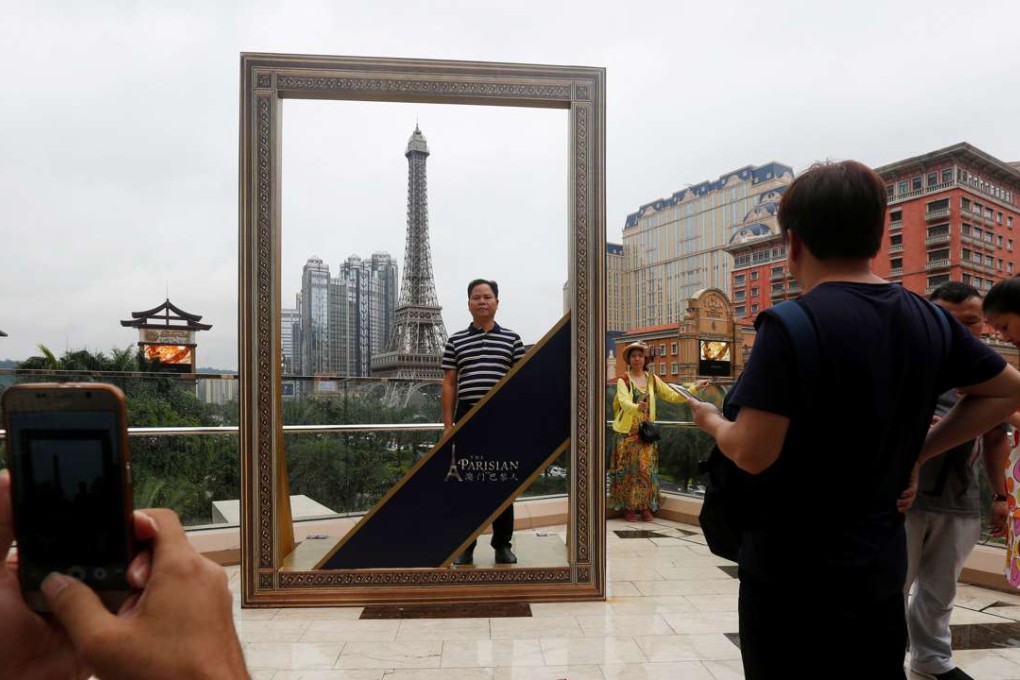Wynn Palace and Parisian off to a winning start, but gambling shares likely to have hit their peak
Analysts give the thumbs up to Macau’s two latest attractions, as gambling hub sees first signs of a return to its former glory

Macau casino stocks have had a good year so far, fuelled by the high hopes pinned on the openings of the much-anticipated Wynn Palace and the Parisian Macao hotel-casino resorts which have helped lift the sector by more than 50 per cent since January.
But analysts now suggest investors may be set to hold tight for a while before rushing to accumulate more gaming shares, as bargains become few and far between.
Macau’s casinos are trading at about 26 times 2017 earnings, compared with 13 times for Genting Malaysia Berhad, which operates casinos in Malaysia and Singapore, according to Bloomberg data, a strong premium to the past five years’ average valuations.
“Early indicators are that the two new venues are not going to materially grow the market, but instead largely eat up existing market share from incumbent properties,” said CLSA analysts led by Aaron Fischer in a recent note.
They describe the quality of the market’s latest additions, “unquestionable”, and the “most-hotly anticipated properties in Macau’s history”.
Macau’s gaming revenue for August rose 1.1 per cent from a year earlier, ending a 26-month losing streak triggered by the double whammy of a sputtering Chinese economy and President Xi Jinping’s sweeping graft crackdown which combined managed to scare off mainland VIP gamblers in their thousands.